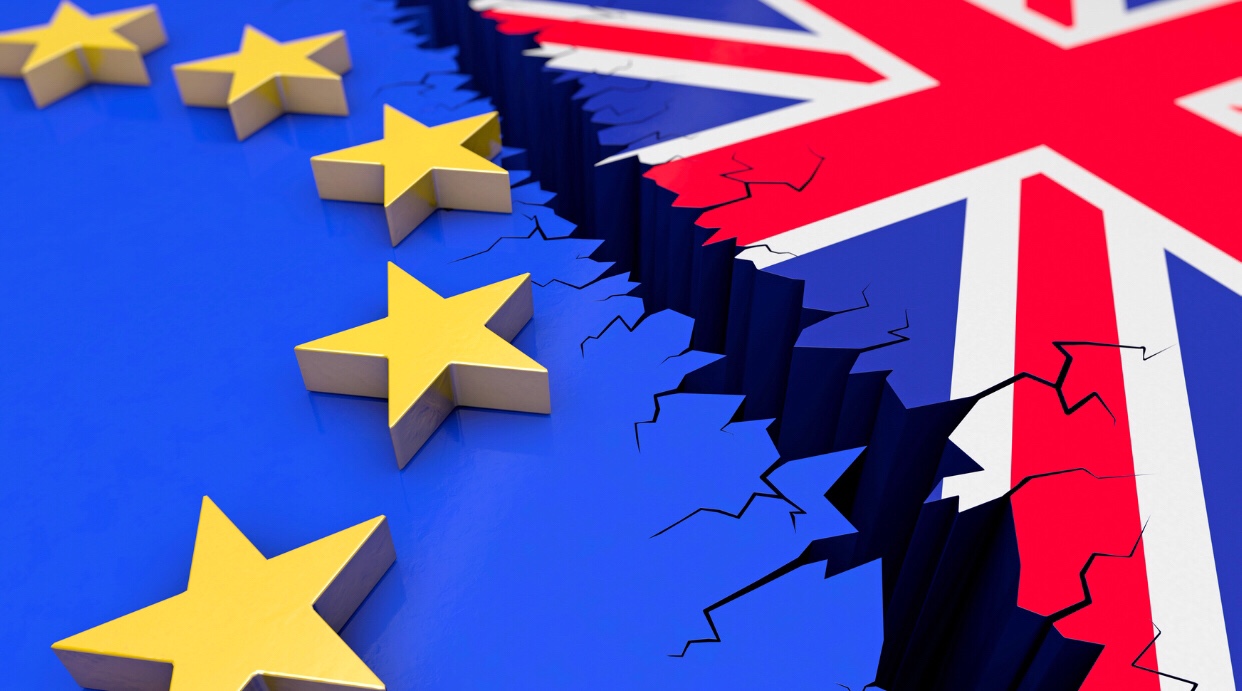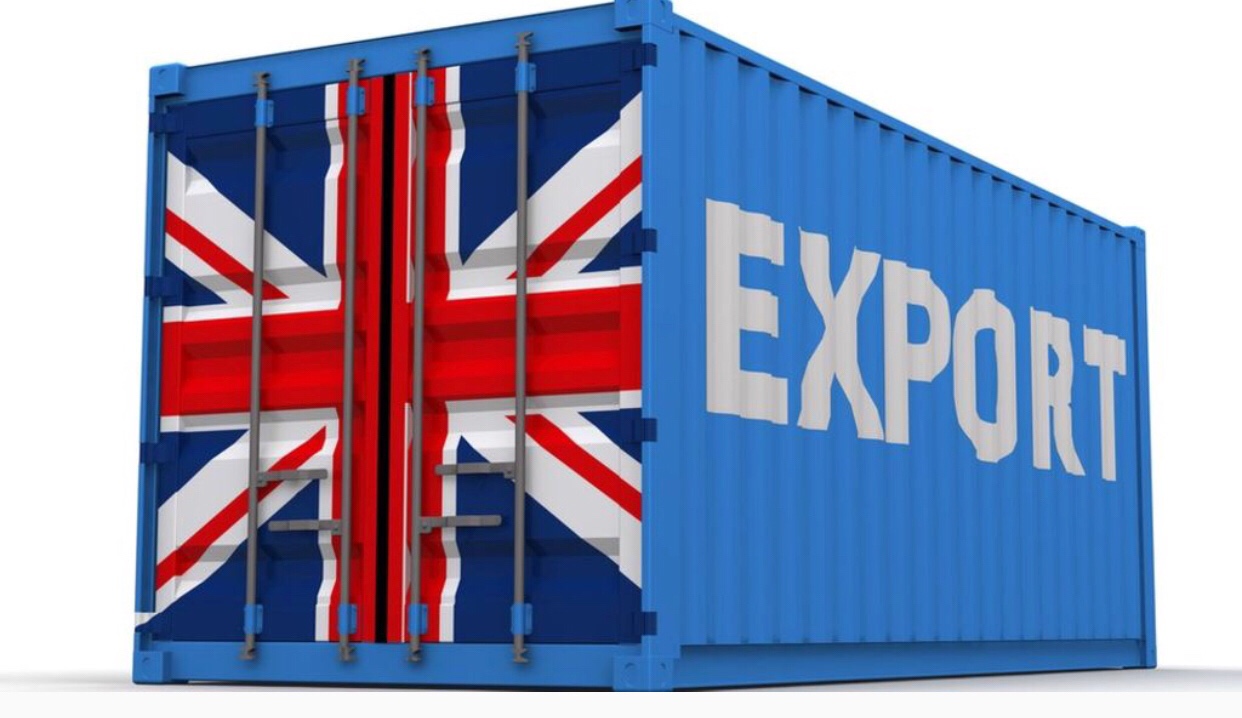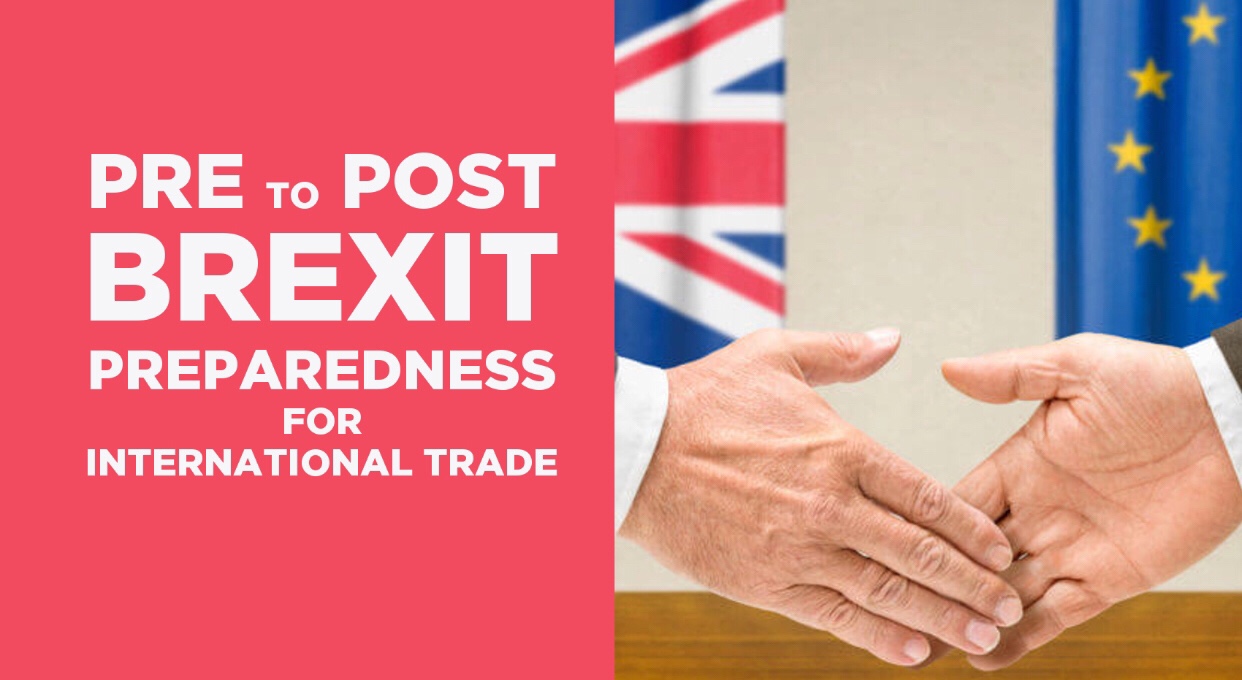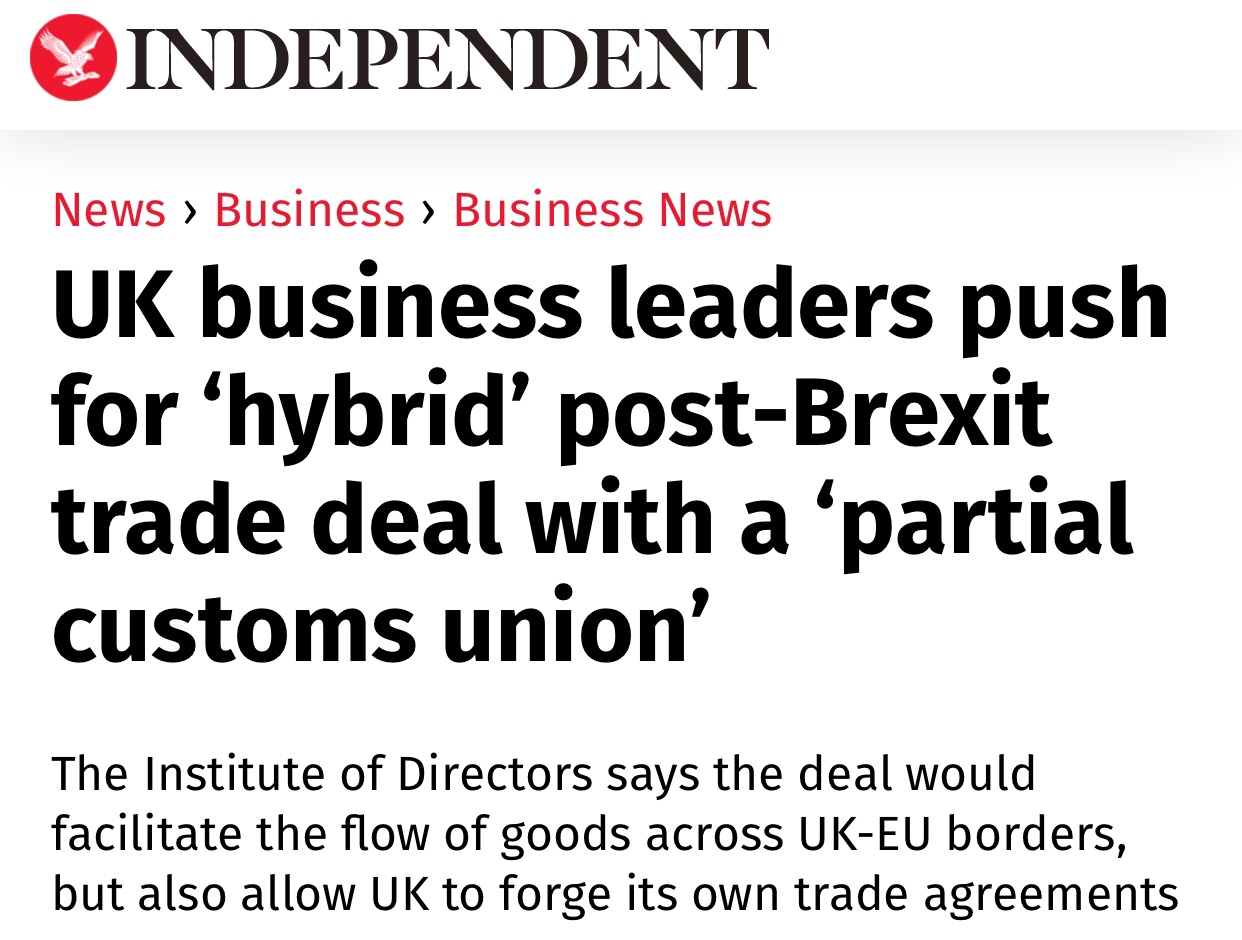UK business leaders push for ‘hybrid’ post-Brexit trade deal with a ‘partial customs union’
Independent writes that the Institute of Directors says the deal would facilitate the flow of goods across UK-EU borders, but also allow UK to forge its own trade agreements.

Business leaders have proposed that the UK introduces what they describe as a “hybrid” trade deal post-Brexit, ensuring that key industries can remain competitive while simultaneously allowing the Government to fulfil its referendum promise of adopting an independent trade policy.
In a report published on Friday, the Institute of Directors (IoD), whose members include executives of UK companies of all sizes, puts forward the concept of a “partial customs union” covering industrial goods and processed agricultural products – two areas that are core to the country’s economy.

The IoD argues that this would facilitate the flow of goods across UK-EU borders, but also allow the UK to forge its own trade agreements – both alongside EU negotiations and with countries with which the EU has not yet pursued trade deals.
The group says the EU is already taking steps to give Turkey more of a say in EU trade policy, specifically in those areas directly covered by its customs union deal, and that it is inserting clauses in its trade agreements to ensure third countries negotiate reciprocal arrangements on tariff preferences directly with Turkey.

Under its new proposal, the UK would be able to expect the same treatment, the IoD said. In fact, it said that the UK would likely find itself in an even stronger position than Turkey because many of those third countries already want to pursue deals with Britain after Brexit.
As a fundamental principle of European Union membership, the UK’s decision to leave means that leaving the customs union is less a matter of choice but rather one of necessity,” said Stephen Martin, director general of the IoD. “For the welfare of Britain’s businesses, prolonging its operational effects during the transitional period is no doubt crucial.”

He said that, in the long-term, the UK should consider remaining in what he describes as a “narrowed customs union”, thereby mitigating “the disruptive effects for business and ensure manufacturing remains competitive and attractive for inward investment”.
“In the interest of our members and the wider business community, while respecting the decision taken by the people in June 2016, we feel this is the best way forward,” Mr Martin said.
“We must be ambitious in undertaking the most important negotiations this country has embarked on for decades and push for a bespoke solution.”
Source: The Independent
You must be logged in to post a comment.